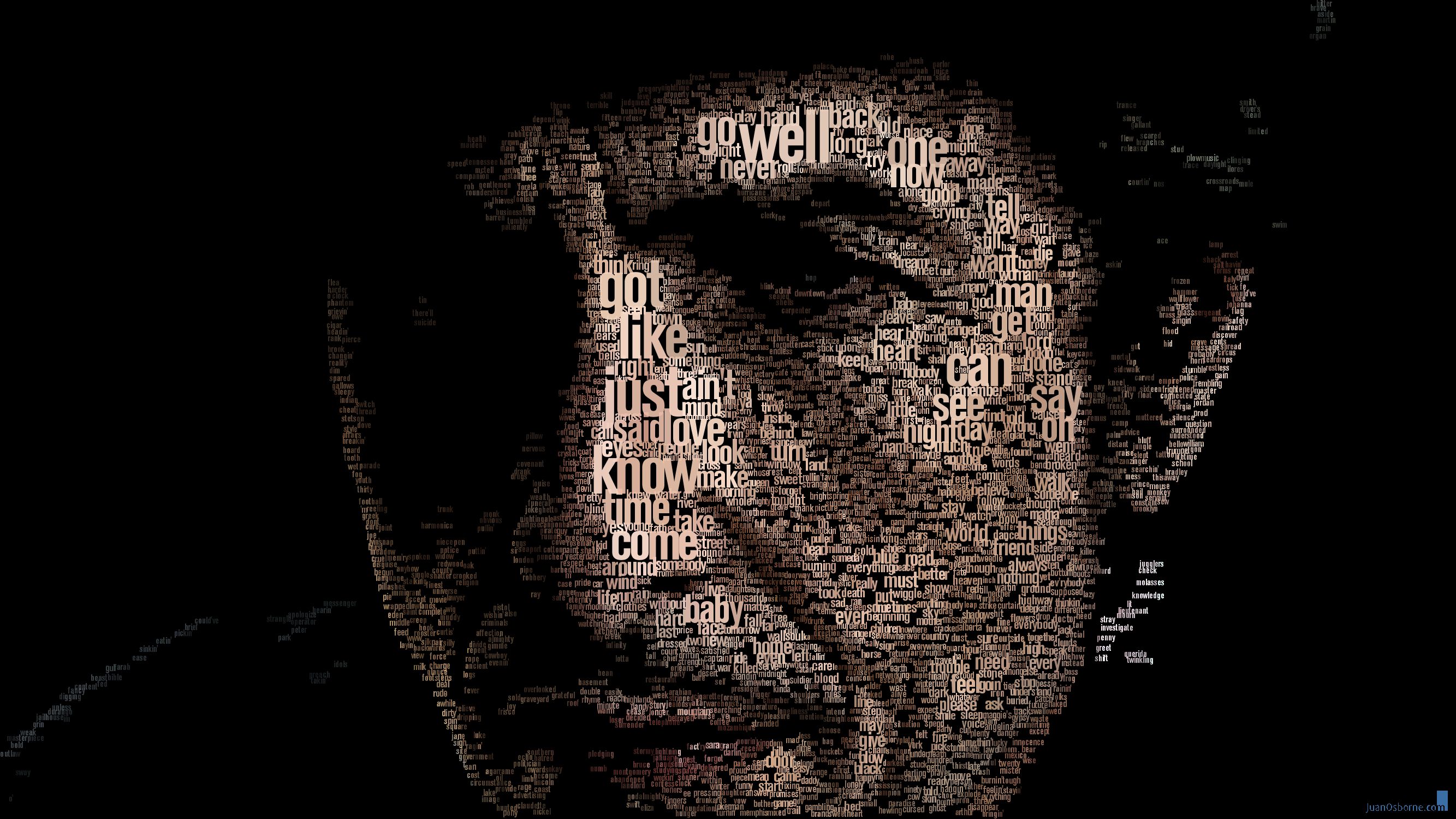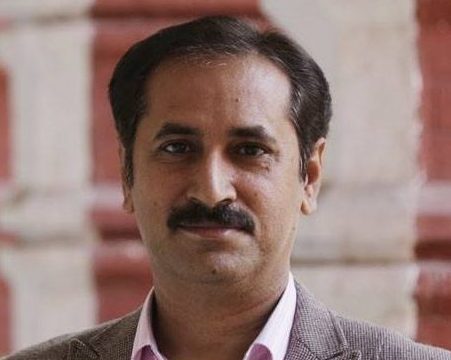
(Written in Urdu by Khurram Sohail
Translation in English by Anjabeen Shah)
The name Alfred Nobel should pose no questions in the literate mind. A brilliant scientist, devoted to the cause of humanity, he was also ironically, the inventor of dynamite, which he thought might bring a revolution to the world in its quest for human welfare and advancement of technology and facilities… It did bring a revolution, but sadly, towards destruction and devastation – and earned a formidable name.

This howler became the root cause of Alfred Nobel’s decision to revert matters and use all his resources for the initiation of awards for specific discoveries, inventions, and exceptional feats of intellectualism in the fields of art and literature, medicine and sciences, and above all…Peace.
In pursuit of this aspiration, Alfred Nobel organised plans to reward the efforts of people who had in any way served the cause of peace and harmony (opening several vistas later on) at a universal level and to acknowledge their endeavors through financial support as prize money for the awardees.
In 1901, five years after the death of Alfred Nobel, the Nobel Peace Prize was inaugurated for which the fields of Peace, Biology, Chemistry, Economics, Physics, Medicine and Literature were selected. These awards needless to say, attracted great name and fame across the globe.
However, with time, a lone eyebrow was arched in question, and today, despite its widespread popularity; the Nobel Peace Prize is facing criticism in its selection of nominees for the award. The worst allegation has sprouted its spiky fingers to label it ‘politicized’.
John Paul Sartre , the celebrated French philosopher and author refused to accept the Nobel Prize for Literature back in 1964 on the grounds that this award had been allotted heretofore only to authors coming from the East who had a reputation for being rebels, whereas it was not so for the authors in the West.
On the other hand, the Swedish Academy was vehemently criticized for awarding the Nobel Peace Prize to American President Barack Obama in 2009. It was perhaps the most controversial award to date, only matched by the very questionable act of completely ignoring the life-long services to humanity of perhaps one of the most worthy social activists, Abdul Sattar Edhi, who did no less, in fact more, than Mother Teresa, who was very naturally awarded by the coveted Nobel Prize for Peace.
This year, 2016, the Nobel Prize for Literature has been bestowed upon music composer and singer Bob Dylan, which has created another wave of misgivings amongst the general public showing reactions on both sides of the debate on whether this decision is justified. The question needs contemplation.
The very act of awarding a music composer, singer, also a lyricist, compels us to wonder whether the Swedish Academy is still following the regulations, objectives and aspirations of Alfred Nobel, or has carved its own niche over the years to make room for social, cultural, political and even geopolitical concerns.
Perspectives of the Nobel Prize in Literature
The Nobel Prize awarded to Bob Dylan will perhaps remained the most arguable and debated issue for years to come. Of course the questions are very clearly directed at the Swedish Academy and in no way at the beneficiary, whose services for music are undisputedly admired and applauded the world over. Nevertheless, some questions need to be asked:-
- Is Bob Dylan famous for his singing? Or literary talent?
- Should the creative nuance found in Bob Dylan’s compositions be termed literary illustrations?
- Why was Bob Dylan in oblivion in the past fifty years? Why wasn’t his extraordinary talent realised until now?
- Is the experimental approach in Bob Dylan’s works considered important enough to be rewarded? If so, will other musicians and lyricists be rewarded similarly in future?
- Bob Dylan is also an artist who has sold six books on drawing and painting to date. Will he be awarded by any organization for his art too?
- How does the Swedish Academy define the word ‘literature’? What borders have been erected by the Swedish Academy to outline the limits of this word? And most of all does the Swedish Academy hold rights to define or redefine any department at all?
- Should any performer accredited for a different reason is awarded for literary talent on a wisp of creativity in his presentation?
If the above is a probability, should we then present an award for Best Artist to the famous poet Jon Elia for the magnificent illustrations in his latest book ‘Ramoz’ which hint at a vast canvas at artistry in his poetry?
The Literary scene is ablaze with masterpieces of contemporary writers like Elaine Ginsberg, Philip Roth, Don Delillo, Jack Crook and Haruki Murakami, with a continual influx of further authors and their publications , earning them recognition and eminence throughout the world. Why then, is the Noble Prize being awarded to journalists, lyricists and the likes?
Why hasn’t the Swedish Academy deemed any non-scientific person worthy of a Nobel Prize in Sciences? There is no dearth of film producers and writers who are churning out Science Fiction movies or Art movies nowadays. Should we not present them the Nobel Prize in Science then?
Is the award to Bob Dylan actually targeting his audience that mostly consists of youths who prefer listening to a six-minute song to reading a book on literature to quench their so-called ‘thirst’?
It is a note worthy point that Bob Dylan, who has collected almost all distinguished awards over decades, has never been titled an author, nor acknowledged as such. Why then has he been sought out for this most accomplished position as receiver of the Nobel Prize for Literature?
Does the Swedish Academy believe that ‘experimental writings’ are more worthy of accolade than ‘pure literature’?
If we are to give precedence to Bob Dylan’s Nobel Award in Literature, then The Swedish Academy has erred in its judgement and decisions for the past one hundred and sixteen (116) years and has only just been jolted out of sleep!
The above argument is aimed at the decision makers at the Swedish Academy and has no inclination whatsoever to involve or even question the capability and integrity of Bob Dylan himself, who enjoys a position of great distinction in the world of music, poetry and singing through tireless effort and unrelenting energy. He has been able to pave a way into people’s hearts successfully and is known for voicing their sorrows and miseries through his enchanting songs and music. Perhaps this attribute called for attention and the Swedish Academy galvanized into action regardless of the fact that Bob Dylan is better known for his singing, and as a writer, not known at all.
Standpoint of the Swedish Academy
According to the Swedish Academy, the Noble Prize for Literature has been awarded to Bob Dylan ‘for upholding the magnanimous tradition of American poetry and creating a unique niche in poetical expression’.
However, for the unbiased observer and critic, this is an act of grave injustice to the literati and the Nobel Prize for Literature 2016 has been snatched away from those who truly deserved it. The critique is sure to stay alive and buzzing for an indefinite period of time.
The Divided World
The aftermath of the Nobel Prize to Bob Dylan has been a clear divide in the literary world. One group endorses this decision, but a large number of people maintain that literature should not be made a scapegoat to augment the laboratory. Literature should be given the same respect and outlines extended to all other fields and rules should be strictly adhered to, in order to reward pertinent personalities and their achievements. Immediately after the presentation of this fiercely contested prize to Bob Dylan, reaction was seen in leading newspapers of the western world, including The New York Times in America, and The Guardian in UK, who published expressions of various personalities related to literature and other fields.
The New York Times especially sheds light on this ‘surprising and unexpected decision’ that the Swedish Academy has emerged with, contrary to its tradition, and goes on to inform its awestruck audience that from this moment onward Bob Dylan may be (justifiably?) ranked amongst the legendary writers of the world, namely T.S. Elliot, Gabriel Garcia Marquez, Samuel Beckett and Tommy Morrison. Though some writers, including Salman Rushdi have supported the decision. The English newspaper The Guardian also reports the opinions of several popular authors, slightly bordering on displeasure and calling it ‘an unexpected decision not favored by all’ which clearly indicates a surge of unacceptability from many quarters in the days to come.
Urdu and Nobel Literature
The theses presented by Nobel Prize winners are translated in Urdu by Mr. Baqar Naqvi, who, by written permission from the Swedish Academy has had the honor to translate lectures of three hundred personalities along with their introduction. He has also translated several novels by the prize winning authors into Urdu and presented them in book form. Having deep insight into the workings of the Swedish Academy, Mr. Baqar Naqvi reflects that it does seem to be making some unexpected decisions over the past few years, for instance, the Nobel Prize awarded to The American President Barack Obama, and very recently in 2016 to Bob Dylan. Recounting the procedural stages, he says that the academy cannot name a person for the prize ‘out of the blue’. They are required to observe a prospective winner for many years and record his progress and accomplishments consistently, of which both that person and the public are unaware. However, it seems that the preferences of the Swedish Academy are undergoing changes.
A Dialogue with Anwar Maqsood
I had the opportunity to talk to the famous playwright Anwar Maqsood on one occasion. He has written numerous plays in his career, but is still not an acclaimed ‘author’ in the literary circle. He explains the reason saying it is necessary to have published your work in the form of a book before you earn the rank of an author or writer. Further, he adds that this is a universal rule, accepted the world over, and not just created by the local circle in Pakistan. Therefore he has still not earned the right to be called an author.
Applying the same criterion to Bob Dylan we find that despite composing the world’s most enchanting notes, he does not have a single line to his credit in book form.
Thus we come full circle to the question: Why Bob Dylan?
The Nobel Peace Prize is perhaps the most distinguished award in the world today that is greatly revered by all. Creation and not experimentation should be the deciding factor for its recipients, without which it will merely become a dime a dozen routine and lose its grace and authentication for the wider public. It is extremely essential for the Swedish Academy to understand that decisions made to favour people or nations without merit may provide temporary aplomb, but in the history of literature, only the literary genius will prevail.




